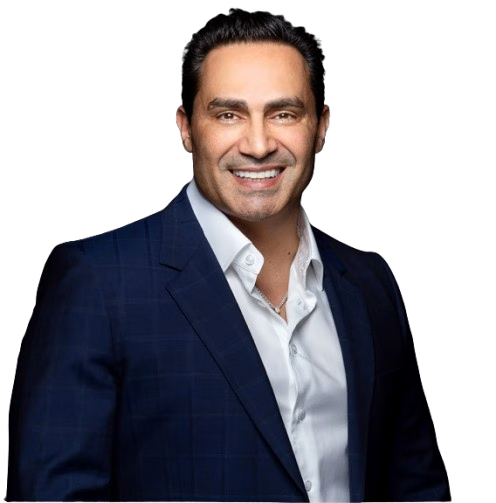Liposuction Sydney Initial Consultation With Dr Dona
Your initial consultation with Dr Eddy Dona is the first step. Dr Dona will evaluate numerous factors that are required for the optimal surgical treatment plan that will meet your specific requirements. At the end of your consultation with Dr Dona, the staff will then provide you with a total price for your surgical procedure.
Who Is The Ideal Candidate For Liposuction Surgery?
The ideal candidate for Liposuction is someone who has been unsuccessful in losing their stubborn areas of fat through a diet and exercise regime, and who is currently maintaining a healthy diet and lifestyle. In addition, skin quality and other factors will also determine if liposuction is the best approach in achieving your aesthetic goals.
The results from Liposuction surgery are lasting, however, you will need to be consistent in leading a healthy lifestyle with regular exercise and a well-balanced diet to maintain your results.
How Liposuction is Performed
Liposuction is performed in a Private Hospital setting under general anaesthesia.
Which Parts Of The Body Can Liposuction Treat?
Liposuction can be performed on any part of the body that has excess fatty tissue. However, some parts of the body are better suited for it. These include:
- Lower abdominal wall
- Flanks
- Outer thighs
- Back of the arms
One of the determining factors of an ideal area to perform liposuction is the quality of the overlying skin. The skin needs to be thick, with good tone and no stretch marks to minimise the chance of developing overlying skin dimpling and irregularity after liposuction.
Can Liposuction Be Performed In Conjunction With Other Procedures?
Dr Dona performs Liposuction as a primary and secondary procedure. Primary procedure means that it is the main procedure being performed. When performed as a secondary procedure, liposuction is performed in conjunction with other procedures such as an Abdominoplasty (Tummy Tuck).
Liposuction is also commonly used to remove fat and transfer it to another rea of the body, such as the buttocks, which is known as a Bilateral Buttock Lipo-Augmentation (BBL). Liposuction can also be used to remove fat and transfer it to the breasts, to provide mildly enhanced breasts.
Can You Get Liposuction At The Same Time As An Abdominoplasty (Tummy Tuck)?
Liposuction may be incorporated into the traditional Tummy Tuck procedure, to help with shaping. This is something Dr Dona would often perform at the end of the tummy tuck to provide further definition if required and if considered suitable to do so.
What Is The Difference Between A Tummy Tuck (Abdominoplasty) And Liposuction? Which Is Better?
Both Liposuction and Tummy Tuck (Abdominoplasty) surgery are performed to achieve specific outcomes regarding your body’s appearance.
The primary purpose of liposuction is to remove excess fatty tissue – it does not remove excess skin. Furthermore, removing the excess fat can result in some looseness in the skin.
The primary purpose of a Tummy Tuck is to remove excess skin, with the associated fatty tissue.
Therefore, liposuction is not a substitute for a tummy tuck procedure.

